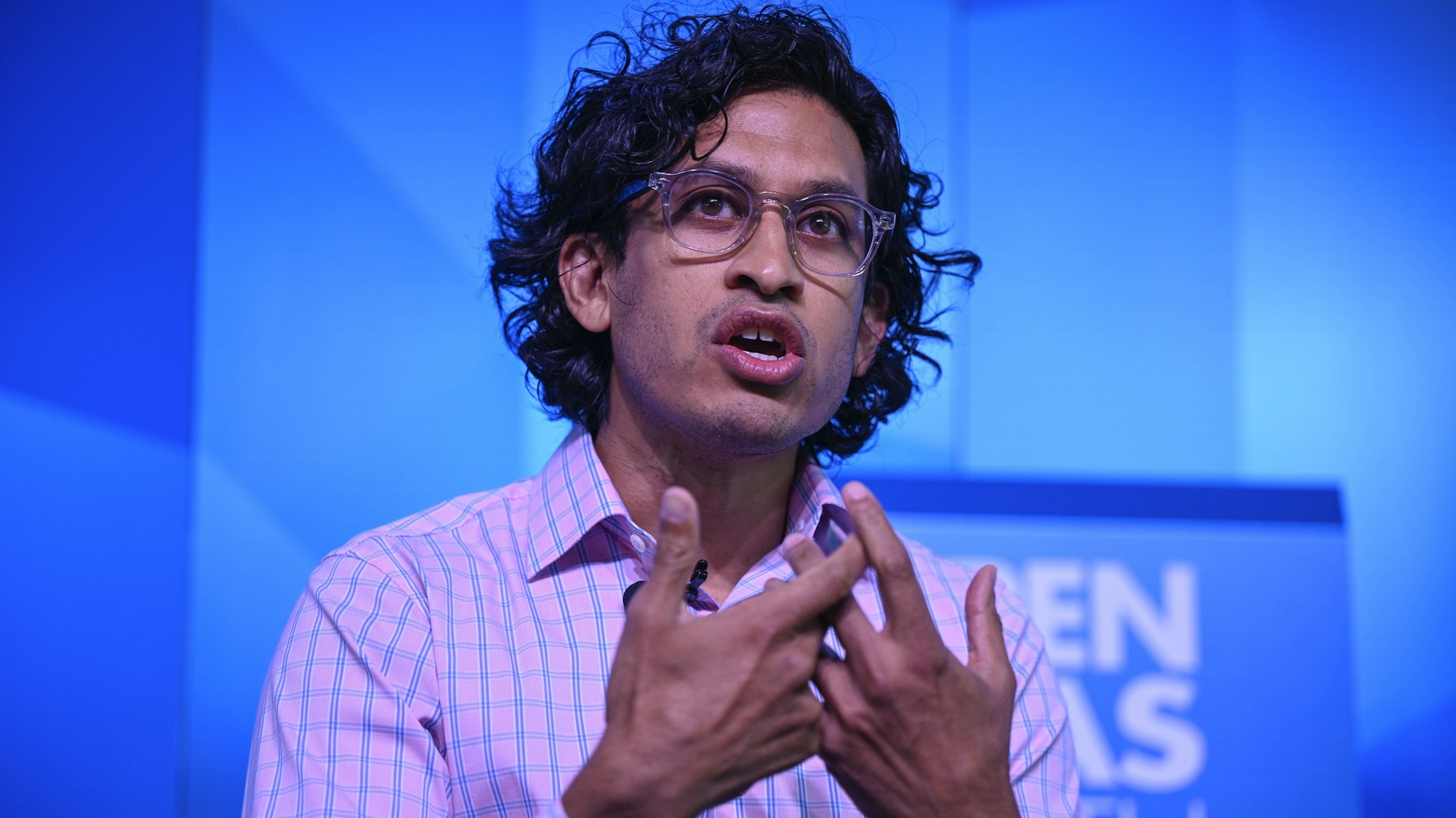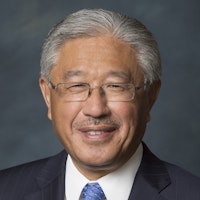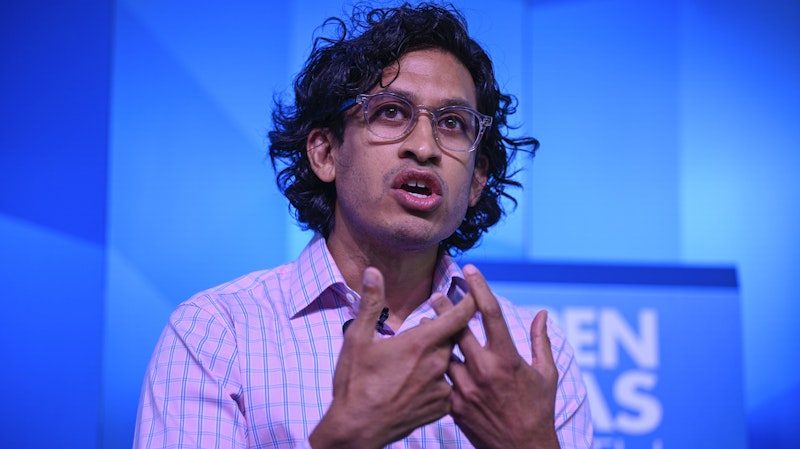
After COVID: Preventing the Next Pandemic
Setup
For decades, public health experts warned of a coming pandemic and developed recommendations to prepare—yet when it arrived, the response was a catastrophic failure. With better surveillance, perhaps we could have slowed the worldwide spread of the virus. Had the threat become less politically charged, a consensus-driven strategy might have slowed it down. Certainly, stronger global governance and more equitable distribution of personal protective equipment, vaccines, and therapeutics could have reduced the toll. Now that the world has watched a theoretical risk become real, can we learn our lessons and do better before the next threat inevitably arrives?
- 2022 Health
- Health
- Environment
- Science
Explore More
Health


The rapid development of the Covid-19 vaccine and the ramp-up of manufacturing and global distribution were unprecedented feats of medical coordination. But those on the insid...

Space… the final metaphor for the unknowable. But we are certainly trying to understand what goes on out there, and the more we learn, the more fascinating questions start to...

Since 2014, Aspen Ideas: Health has welcomed nearly 800 inspiring women leaders to our stages to share their bold approaches to better health. In honor of Women's History Mont...

Our attitudes, habits, pleasures, and responsibilities shift across the generations, influencing the health challenges we face and how we respond to them. Expectations about h...

Setting audacious goals helps to redefine what is achievable in health, medicine, and science. As we deepen understanding of the human genome, unravel the mysteries of the bra...

As we wrap-up another year of elevating big ideas at Aspen Ideas: Health, we're excited to share the 15 most-watched sessions from the event. These conversations with inspirin...


Each year brings more destructive natural disasters and growing evidence of the challenging future we face if we don’t address climate change. But the biggest cause of climate...


Research on aging and extending life and healthspan has ventured beyond humans to our best animal friends – dogs. In less than a year, dog owners may be able to buy a drug tha...
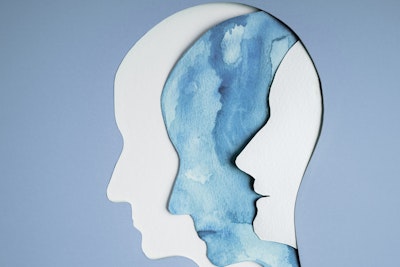
In America, millions of people struggle with mental health including depression, anxiety, and more — all further exacerbated by living through a pandemic. The National Allianc...


If we do absolutely nothing to mitigate climate change, scientists estimate the toll could be $38 trillion a year in damages. Industrialized countries like the United States,...

The United States spends $4.3 trillion—almost one fifth of the nation’s GDP—on health care. As the scale of the medical enterprise expands, venture capitalists are pursuing th...

Today's kids are coming of age against a backdrop of political, social, technological and economic upheaval. While these circumstances are shaping a precocious generation that...

Advocates, healthcare providers, legislators, researchers, and venture capitalists are bringing the unique health needs of women to light – from vigorous policy debates on iss...

From the debate over reproductive rights to the epidemic of gun violence to the youth mental health crisis, this year's Aspen Ideas: Health sessions tackled many of today's mo...

The recognition that all things are connected is at once a scientific principle and a philosophical touchstone. Humans, animals, and the environment are intertwined in complex...

A couple of degrees makes a world of difference — megafires, rising seas, failing infrastructure, and food systems require our immediate attention. Demands on dwindling natura...
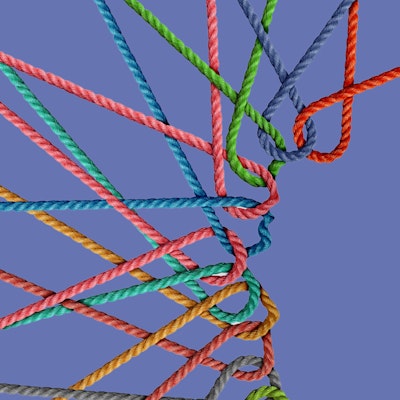
Our need for human connection is profound and deep. Yet, today, one in two adults are living with measurable levels of loneliness – and the numbers are even higher among young...

Women are crucial to the climate movement, but their voices are often underrepresented and their work goes under-supported. Meet just a few of the women from this year’s Aspen...

For as long as humans have looked at the skies, we’ve speculated about whether there is life in space. Scientists, the U.S. military and the CIA have all searched for proof of...
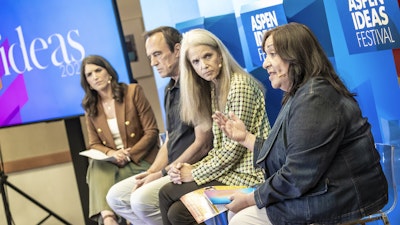
Heat is now the top weather-related cause of death in the U.S., killing more people than hurricanes, floods and tornadoes combined. An environmental journalist and two city ch...


